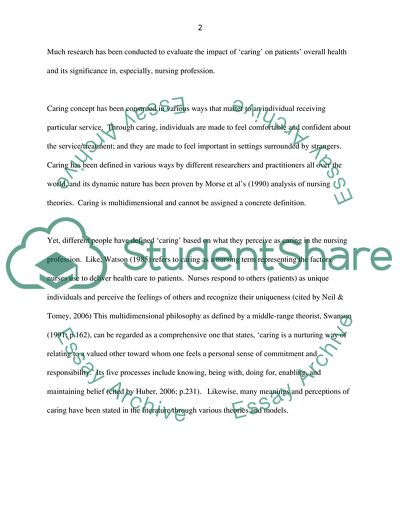Cite this document
(Principal Role of Caring in Nursing in Patients Restoring Literature review, n.d.)
Principal Role of Caring in Nursing in Patients Restoring Literature review. Retrieved from https://studentshare.org/nursing/1735935-what-is-caring
Principal Role of Caring in Nursing in Patients Restoring Literature review. Retrieved from https://studentshare.org/nursing/1735935-what-is-caring
(Principal Role of Caring in Nursing in Patients Restoring Literature Review)
Principal Role of Caring in Nursing in Patients Restoring Literature Review. https://studentshare.org/nursing/1735935-what-is-caring.
Principal Role of Caring in Nursing in Patients Restoring Literature Review. https://studentshare.org/nursing/1735935-what-is-caring.
“Principal Role of Caring in Nursing in Patients Restoring Literature Review”, n.d. https://studentshare.org/nursing/1735935-what-is-caring.


